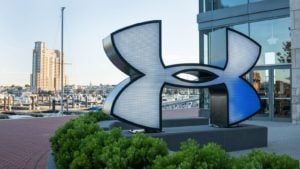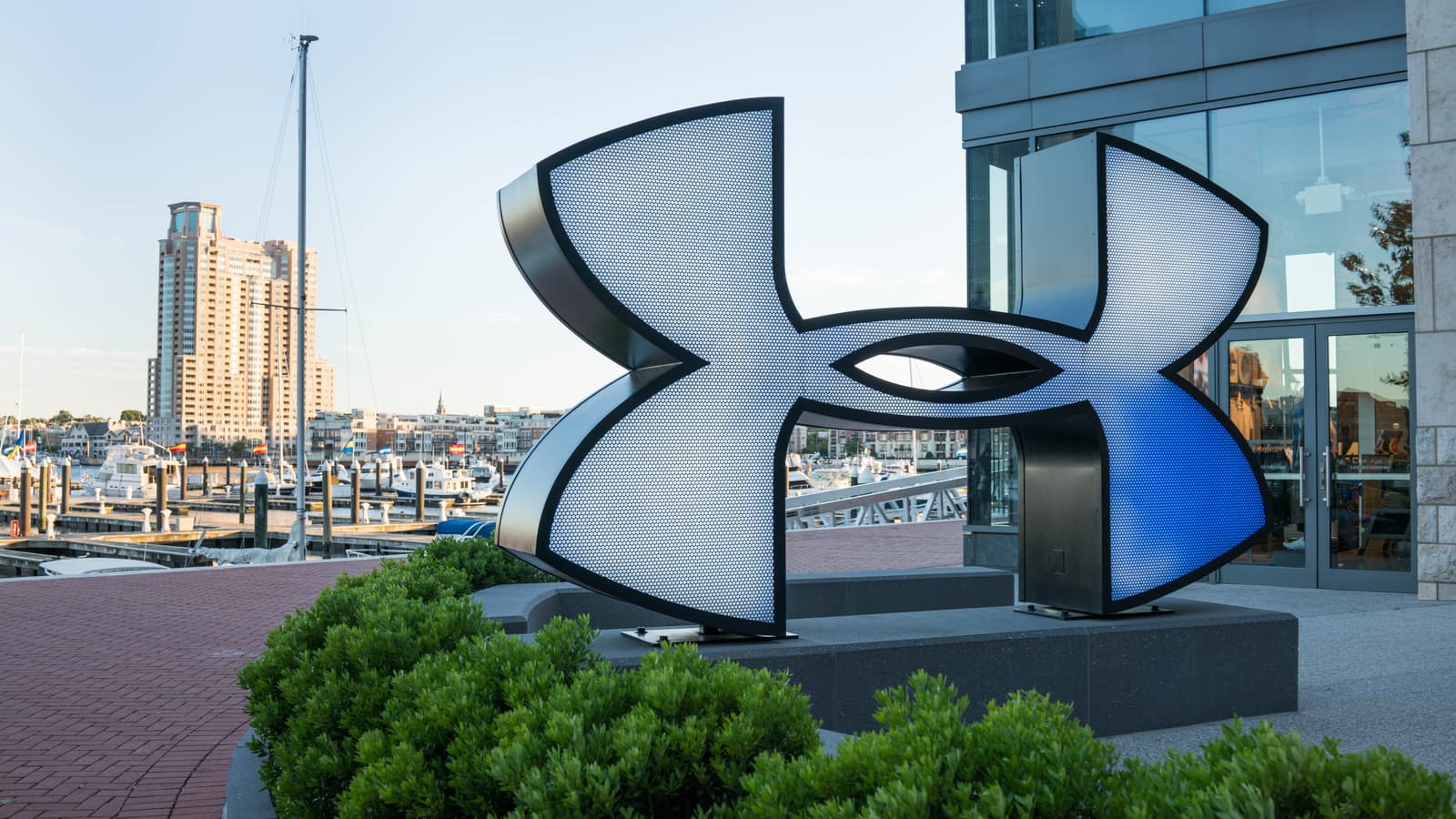Despite the ravages of the novel coronavirus, some retail apparel companies have performed very well this year. Thanks to a combination of compelling products and social awareness, the pandemic has so far been a net positive for certain brands. Unfortunately, investors cannot say the same about Under Armour (NYSE:UA, NYSE:UAA). Its toxicity was bad enough before the pandemic. During it and with the resultant calls for social justice, UA stock is simply a nightmare.

Before we dive into the present troubles of the embattled athletic apparel company, let’s take a step back. This is an organization that had its chances taking on the big names in its sector. However, management lost sight of the ball, inviting unnecessary scandals to seep into the organization. Therefore, UA stock was struggling heading into the broader crisis.
Even if we didn’t suffer a pandemic, Under Armour was simply asking for it. As previously soaring sales began to slump, management began looking for answers in the wrong places. For instance, the apparel maker decided that selling its products with increasingly irrelevant brick-and-mortar retailers would be a solution.
However, as anybody who has a modicum of business knowledge understands, electing such routes eventually leads to brand dilution. Hence, some premium-label apparel companies have refused to discount their products. By doing so, they cheapen the brand, resulting in long-term growth limitations.
By the way, many organizations that have stuck to their guns have done extraordinarily well during this crisis.
But in the case of UA stock, the underlying company is falling from one disaster to another. By diluting the brand, Under Armour lacks competitiveness in both the top and bottom end of the retail spectrum.
UA Stock Now Risks Social Irrelevance
Because of the coronavirus, this sports season is unlike any other. As well, there could be more severe disruptions over the horizon. According to the Washington Post:
The 2020 college football season is in jeopardy after the Big Ten and Pac-12 conferences announced their schools will not play this fall. Two other conferences in the top-tier Football Bowl Subdivision have also decided against playing a fall season, casting more doubt on the sport’s autumn plans.
Obviously, this is a major blow to all major athletic apparel makers. As you know, sports sponsorships are a huge deal in the industry. Further, the benefits to sponsoring “it” teams and players could be recurring through broadcasting, highlights and replays.
But because Under Armour desperately needed a winning hand, the disruption or cancellation of sports events will disproportionately impact UA stock. Additionally, the company’s toxic culture will now really start to haunt the organization.
Recently, certain NBA teams made the bold, unprecedented move of boycotting pivotal playoff games. The reason? Protests against systemic racism and police brutality. Further, recent shocking events emboldened NBA players to take a stand.
What’s more, the boycott has inspired leagues from other sports such as baseball and soccer to follow suit. For instance, the Seattle Mariners players “voted unanimously” against playing a game against the home San Diego Padres, with the latter organization obliging.
Here, the worrisome aspect for UA stock is that such boycotts and protests continue. As it is, the MLB schedule is already constrained. Further disruptions can possibly make the rest of the season untenable. And if that impacts other leagues, Under Armour will lose vital sponsorship opportunities.
Frankly, the public may not have sympathy given that social awareness is now a crucial component of business success.
It May Be Game Over for Under Armour
Truly, the difference between Under Armour and its bigger rivals is stark. Most glaringly, a few companies stood with Colin Kaepernick when he brought the issue of police brutality to the public. At the time, many conservatives blasted Kaepernick for being unpatriotic.
That accusation has been completely overturned. Now, the sports community is overwhelmingly supportive of Kaepernick’s original stance.
But consumers have a long memory about these matters. I don’t think it’s any coincidence that many of the organizations that supported Kaepernick during his lows are now experiencing robust highs. On the other hand, toxic companies like Under Armour are witnessing the opposite dynamic.
You only have to look at the charts. Since early April, UA stock has basically flatlined while its rivals have soared. With little need for a tone deaf organization that doesn’t even know how to market its products properly, Under Armour is simply going under.
Matthew McCall left Wall Street to actually help investors — by getting them into the world’s biggest, most revolutionary trends BEFORE anyone else. Click here to see what Matt has up his sleeve now. As of this writing, neither Matt and the InvestorPlace Research Staff did not hold a position in any of the aforementioned securities.
